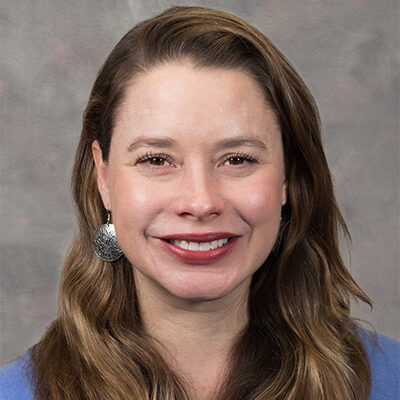Peace and Conflict Studies, P.B.C
Overview
The Peace and Conflict Studies curriculum employs an interdisciplinary, critical, and social justice approach to conflict theory, peace studies, research, and practice.
Our courses are designed not only for aspiring conflict professionals, but also for students in other programs looking to enhance their skills through peace and conflict electives
The certificate program is beneficial for those who:
- have already received a graduate degree, but would like to specialize in conflict resolution as a new area of focus,
- possess an undergraduate degree and are seeking to obtain fundamental knowledge of the conflict resolution field of study, or
- are professionals who have already earned a graduate degree in their professional field, but who would benefit from academic study of applications of conflict resolution in their current profession.
THE STUDENT EXPERIENCE
- Any earned credits in this certificate program can be counted toward the M.A. in conflict resolution, if the student applies for and is accepted to the master’s program at a later date.
- The certificate has 2 modes of delivery: It can be completed on-campus or online in an asynchronous format.
AFTER GRADUATION
Graduates of this program may work in positions or fields such as these:
- Academic Foreign Languages Translator
- Advocacy Coordinator
- Attorney
- Business Development Manager
- Case Manager
- Community Building / Organizing
- Community Relations Specialist
- Community Service Agent
- Conflict Resolution Expert or Consultant
- Counterterrorism Analyst
- Development Associate
- Diplomat / Peacebuilder
- Educator: K–12 and Higher Education
- Government Technical Representative
- Higher Education Professional
- Homeless Management Information Systems Specialist
- Human Resources & Trauma Specialist
- Humanitarian Assistant Officer
- Humanitarian Immigration Lawyer
- International Development
- Judicial Services Coordinator
- Juvenile Justice
- Law Enforcement
- Legal / Criminal Justice
- Marketing & Public Relations Assistant
- Mediator / Negotiator
- Medical / Health Care
- Nonprofit Director
- Paralegal
- Peace Practitioner
- Policy Officer or Legal Advocate
- Political Office
- Program Manager/Director
- Recovery Services
- Residential Specialist
- Restorative Justice
- School Counselor
- Student Conduct & Alternative Resolution Specialist
- Trainer / Facilitator
- War & Defense Lecturer
- Sites of employment can include:
- Government / Public
- Community
- Businesses and Corporations
- Non-governmental Organizations (NGOs)
- Nonprofits
APPLY TO PROGRAM
- Complete an online application to the Graduate School
- For best consideration, please complete your application by July 1 for fall and by October 1 for spring
- Submit the following to the Graduate School
- Official transcripts for all undergraduate work (whether a degree was obtained or not).
- Three (3) letters of recommendation.
- GRE is not required
- Write a personal statement [250-300 words] regarding your goals and expectations of the program and include it with your online application.
If considered for admission, you will be taking courses that explore the theoretical and historical foundations of the field; tools and frameworks of analysis; dynamics of transitional justice; and skills and tools of practice.

